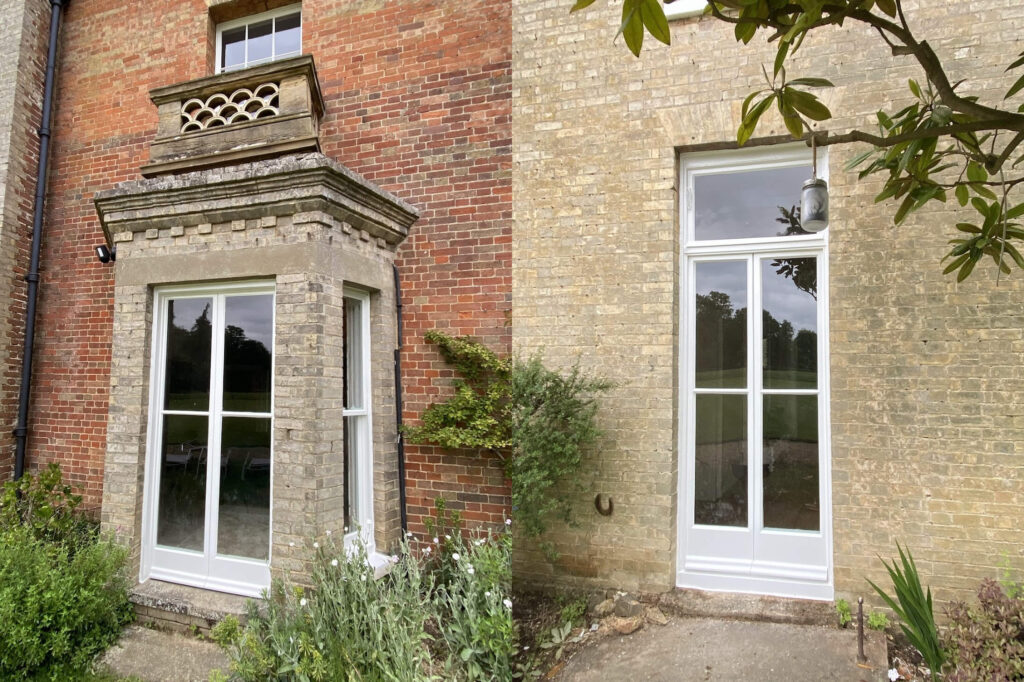
Toughened double glazing: improving safety and efficiency in your windows
Double glazing and in particular vacuum double glazing are already popular for its insulation and noise-reducing benefits, but toughened double glazing takes it a step further.
Toughened double glazing offers the ideal solution for areas that need extra strength to comply with safety regulation and protection or if you just want to achieve a better level of home security.
In this article, we’ll break down what toughened double glazing is, the types of glass available, what sets it apart from regular double glazing, and the best situations for using it.
Whether you’re renovating a home or just looking to make it more secure, understanding toughened glass options can help you make the right choice.
What is toughened double glazing?
Toughened double glazing is exactly what it sounds like — double glazing that is four or five times stronger, safer, and more resilient.
The glass in toughened double glazing undergoes a process of heating to high temperatures followed by rapid cooling.
One of the best parts of toughened glass is that it doesn’t shatter into sharp pieces if it breaks.
Instead, it crumbles into small, blunt pieces, reducing the risk of injury — a big plus for homes, offices, and spaces where safety is key.
Type of glass used in toughened double glazing
Toughened double glazing comes in a few different types of window glass, each suited to specific needs like security, privacy, or energy efficiency. Here’s a brief overview of the popular options:
Tempered Glass
How it’s made: To produce tempered glass, manufacturers heat the glass to a high temperature and quickly cool it down. This process compresses the outer surface while creating tension in the inner layer, giving tempered glass its superior strength.
Properties: Instead of sharp dangerous pieces, it breaks into small, rounded pieces reducing the chance of serious injuries compared to standard glass.
Common uses: Car side windows, shower doors, glass doors, and phone screens.
Laminated Glass
How it’s made: Laminated glass is made by layering two or more glass sheets with a PVB (polyvinyl butyral) interlayer between them. This interlayer acts as a binder, keeping the glass pieces together upon impact, which adds an extra level of safety.
Properties: It’s highly impact-resistant and doesn’t shatter; instead, it cracks while remaining intact. This quality offers enhanced security and sound insulation.
Common uses: Car windshields, skylights, and windows for buildings in hurricane-prone areas.
Wired Glass
How it’s made: Wired glass contains a mesh of metal wire embedded within the glass during the manufacturing process.
Properties: The embedded wire keeps the glass intact even when broken, providing fire resistance and containment. However, it’s not as impact-resistant as tempered glass.
Common uses: Fire-resistant doors, windows, and industrial applications.
Annealed Glass
How it’s made: Cooling annealed glass slowly releases internal stresses, which reduces its tendency to break suddenly.
Properties: Annealed glass, while not a safety glass on its own, often serves as a base material for further processing into tempered or laminated glass.
Common uses: General-purpose windows and mirrors (can be modified to increase safety).
Heat-Strengthened Glass
How it’s made: This glass is heated and cooled similarly to tempered glass but is less intensely treated, giving it about twice the strength of regular annealed glass.
Properties: It’s stronger than regular glass, though not quite as tough as tempered glass. Unlike tempered glass, it doesn’t shatter into small pieces when broken.
Common uses: Facades, structural glass, and areas requiring moderate strength.
Each of these types of toughened glass has its own strengths, so choosing one depends on what you need most — whether it’s visibility, privacy, sound insulation, or better temperature control. And no matter the choice, they all provide the durability you expect from toughened glass.
What makes toughened double glazing different from regular double glazing units?
The key difference between toughened double glazing and regular double glazing is the glass treatment process.
Regular double-glazed windows use two layers of standard glass separated by an insulating gap, which helps with temperature control and noise reduction. But, while effective, regular glass doesn’t hold up as well under impact.
Toughened double glazing is extra durable.
This added strength makes it ideal for areas that may see wear and tear or need extra security, like doors, low-level windows, and high-traffic areas. It’s a great way to combine double glazing benefits with a serious boost in safety and resilience.
When to use toughened double glazing?
Toughened double glazing is the best choice for areas needing extra protection, especially in places governed by UK safety glass regulations.
In the UK, regulations require safety glass in doors, low-level windows, and any areas where glass faces a higher risk of breaking. Here’s when toughened double glazing really shines:
- Low-level windows
Windows close to the ground are more vulnerable to impacts. Toughened glass is ideal for these spots because it can handle impacts better, meet UK building regulations and reduce the risk of accidents. - Bathrooms and shower doors
Bathrooms are another spot where toughened glass is a smart choice. With frequent temperature changes and moisture, these areas need resilient glass that breaks safely if an accident happens. - Stairwells and balustrades
The glass around stairways or in balustrades needs to handle pressure and potential impacts. Toughened glass offers the strength and durability needed to keep these areas safe. - Large glazed panels
Large glass panels, like those in feature windows or doors, are more vulnerable to accidental impacts. Toughened glass withstands these impacts better, making it a safer choice for these areas.
These UK safety glass regulations help prevent injuries and keep you safe, and toughened double glazing ensures you stay compliant without sacrificing style.
Our team can double glaze sash windows with toughened double glazing
If you’re looking to add modern safety and efficiency to your traditional sash windows, we’re here to help.
Our team specialises in double glazing sash windows using toughened glass, so you get the timeless charm of sash windows and the enhanced safety, insulation, and durability that toughened glass brings.

When we double glaze your sash windows with toughened glass, here’s what you can expect:
- Improved thermal insulation: The insulating gap between toughened glass panes traps warmth inside. This keeps your home cosier and lowers your heating costs.
- Noise reduction: Toughened glass is also excellent at blocking external noise, giving you a quieter, more comfortable space.
- Extra safety and security: Toughened glass makes your sash windows more resilient to accidental impacts. It also makes them tougher for potential intruders to break through.
Our team understands the importance of maintaining the authentic look of period properties while making them safer and more comfortable.
We’ll work with you to choose the right glass options and make sure your sash windows meet both your style and safety needs. If you’re ready to upgrade your windows, let’s discuss how we can bring your vision to life.
Completed projects
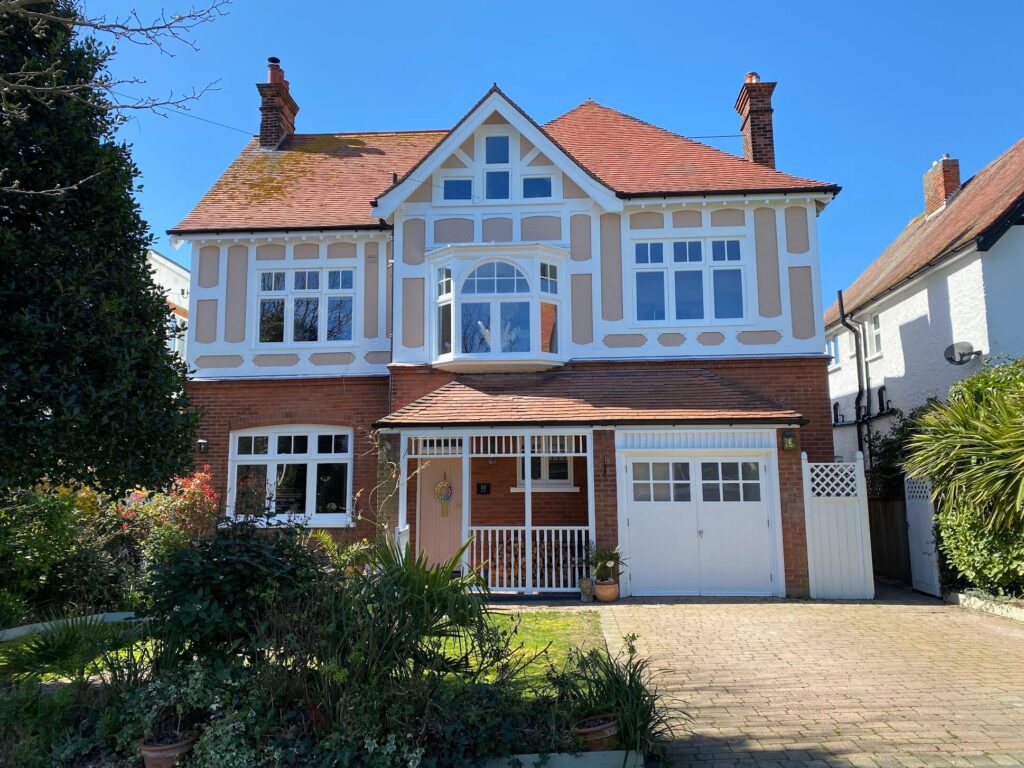
Wooden windows double glazing in Frinton-on-Sea

Sash windows restoration in West Essex

Double glazing Listed Grade 2 building
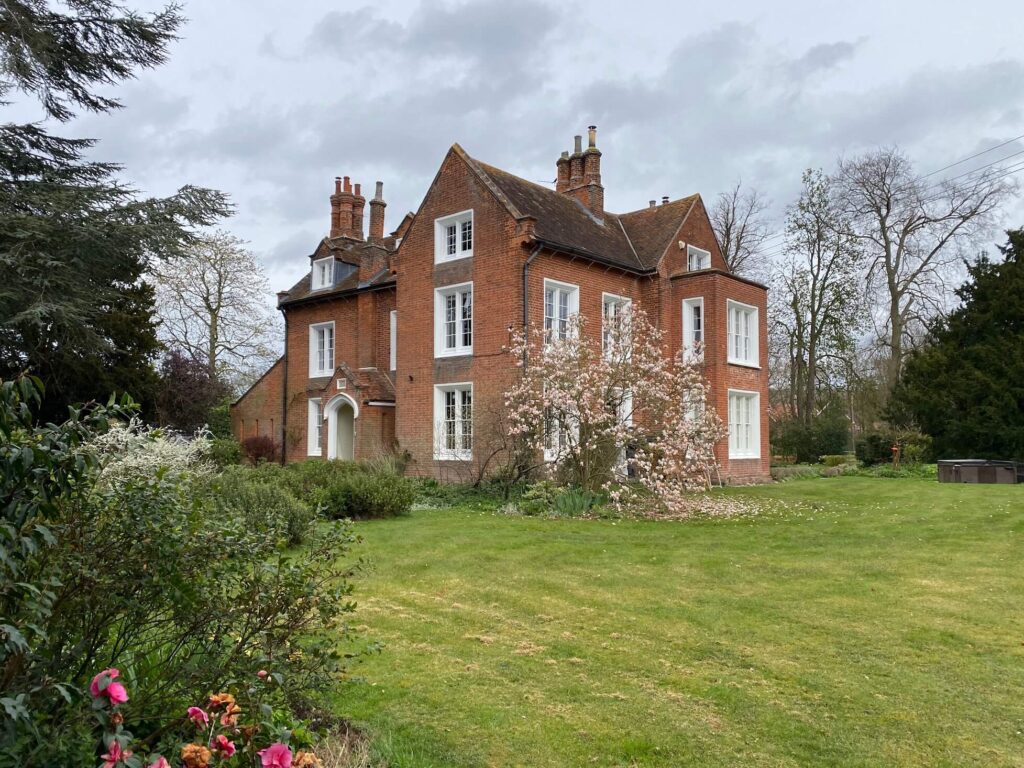
Retrofit double-glazing Essex
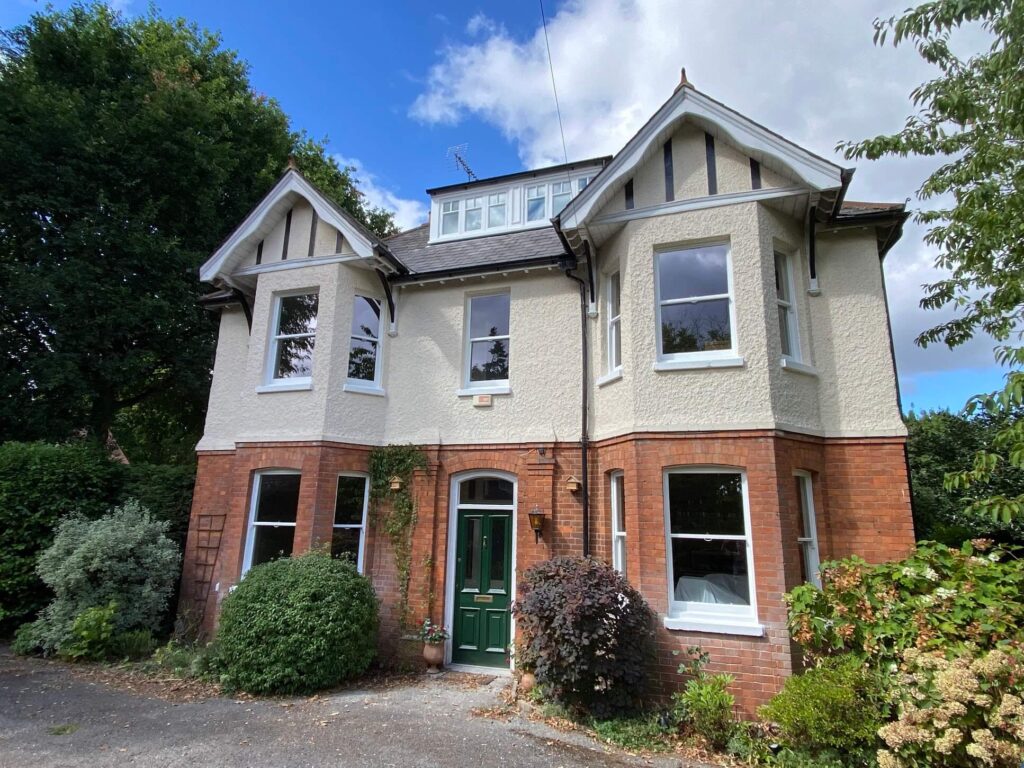
Reglazing timber windows Farnborough
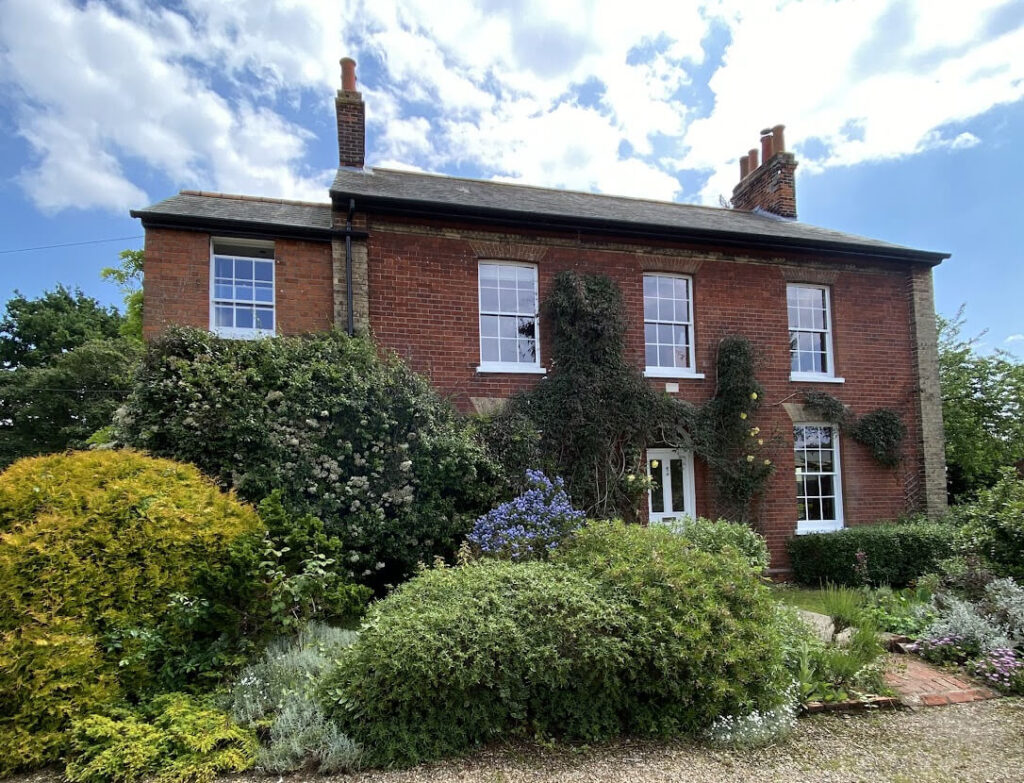
Reglazing sash windows in Alresford
Read more articles

Sash window parts and anatomy
Sash window parts and anatomy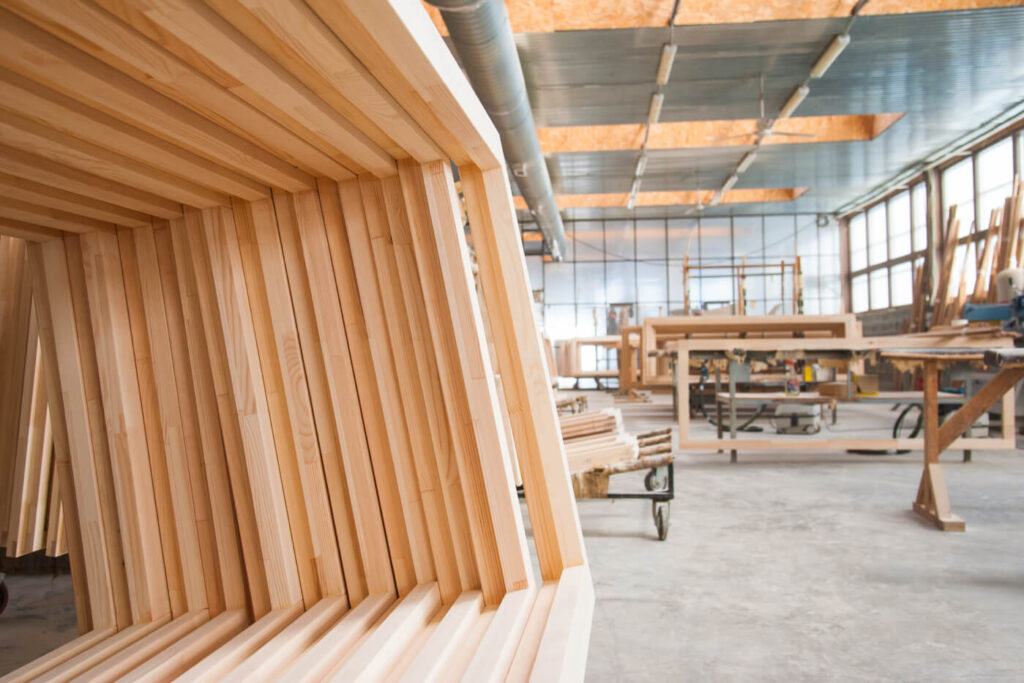
Standard window sizes in the UK
Standard window sizes in the UK
Repair vs Replace Sash Windows
Repair vs Replace Sash Windows